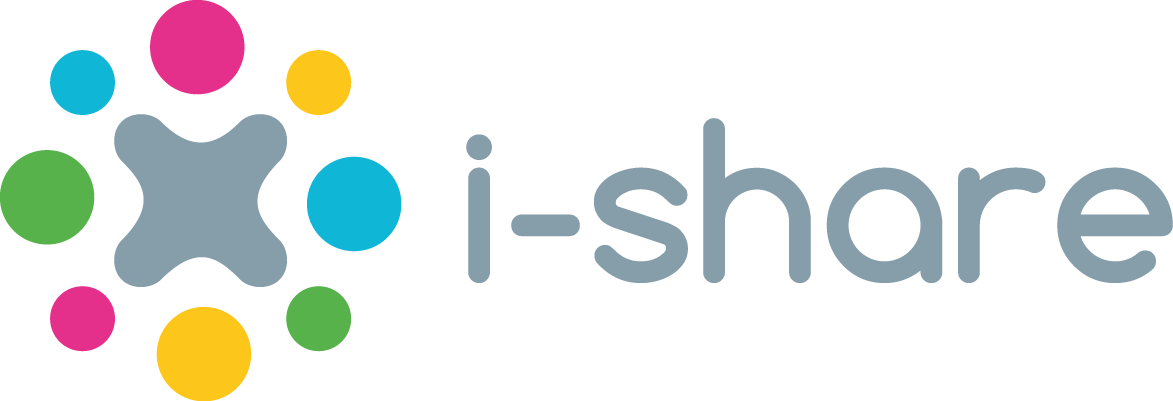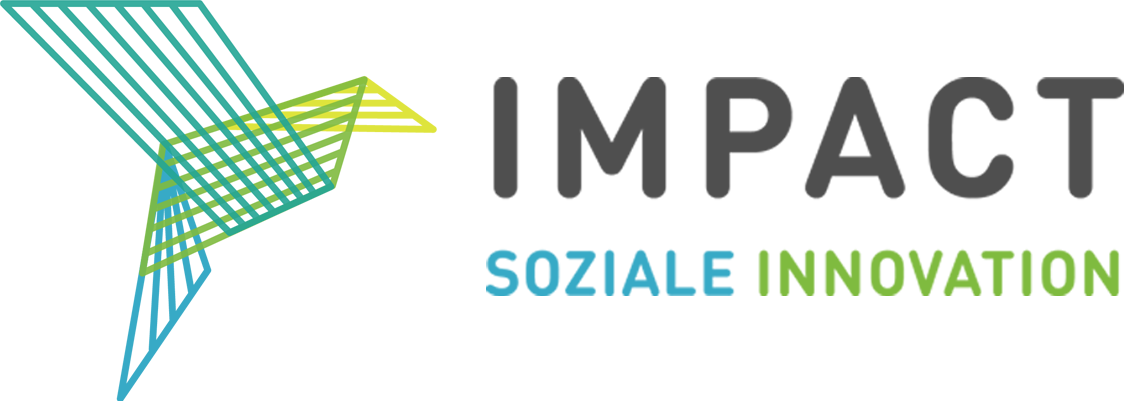Various business models of sharing economy organizations promise to contribute to achieving economic, social, and ecologic goals. However, whether this promise is fulfilled, is still an open question. We lack a systematic comparison of different business models, an analysis of their positive and negative impacts and an estimation of the current and future societal contribution of the sharing economy.
Project aim and research questions
As a result, the aim of the research project i-share is to capture the economic, ecologic and social impact of the sharing economy in Germany. To do so, we have developed an approach in which we answer the following questions:
- Which sharing economy organizations do exist in Germany? So far, there is no generally accepted definition of the sharing economy. Instead, different definitions have been developed and suggestions to include or exclude organizations have been made: While, for instance, Airbnb is often described as the sharing economy organization, private boarding houses are mostly not considered to be part of it. While TaskRabbit is mostly described as a sharing economy organization, Mechanial Turk is typically not included. As a result of the lack of a generally accepted definition and in order to make sure that we do not omit important organizations, we chose to take a broad perspective when identifying sharing economy organizations in Germany and include all organizations which are based on the principle of sharing, renting, or commonly using products, services, or infrastructures. Based on this broad understanding we aim to identify the probably very heterogeneous set of sharing economy organizations in Germany. On this basis we should later be able to estimate the societal contribution of the sharing economy in Germany.
- Which business models can be identified? A very heterogeneous set of organizations is subsumed under the label sharing economy. They differ, among others, in terms of how transactions are managed, how users and members are motivated and coordinated, how processes and structures are organized: For instance, both monetary and non-monetary transactions exist in the sharing economy. Moreover, in some cases there is a change of ownership but in others consumers only obtain the right to use products for a certain amount of time. Some organizations motivate users by promoting economic values such as the possibility to save money while others focus on providing social values to their users and, for instance, point to the value that can be derived from being part of a sharing community. Many organizations use digital technologies but there are also offline models. We aim to understand and capture systematically which formal, social and technical means and mechanisms are used by sharing economy organizations. On this basis, we can identify various types of business models.
- How can we capture and compare the impact of different business models? While there already exist an established set of indicators for measuring the economic impact of established organizations, very different approaches towards capturing non-economic impacts are discussed and used in academia and practice. One major challenge for developing an established set of indicators for capturing the social and ecologic impact of sharing organizations is that, on the one hand, a unitary set of indicators is needed to be able to compare the impact of different organizations. On the other hand, however, it seems reasonable to expect that the impact of diverse existing business models may differ and thus require individual sets of indicators. On this basis, we aim to develop sets of indicators for measuring the economic, ecologic and social impact of sharing economy organizations with different business models.
- How can the diffusion of business models with a positive impact be enhanced? Generally, business models can diffuse in at least three ways. First, an individual organization can scale up through expanding in new regions or areas of activity (e.g. ride-sharing agencies). Such a scaling up in the narrow sense is linked to the growth and success of individual organizations and their business models. Other business models may diffuse because they are copied and adapted in different locations (e.g. local tool-sharing models, community gardens). More complex concepts of scaling up may involve cooperations of various organizations. Individual organizations may thereby join forces while still focusing on their local or professional expertise (e.g. DeinBus.de coordinates local bus operators).
Approach and methods
The research consortium i-share answers these questions in cooperation with sharing economy organizations, other research organizations, municipalities, and associations in five steps:
- We start with identifying and systemizing existing sharing economy organizations and their business models. We conduct interviews with representatives of sharing organizations and their users and analyze websites and archival data to do so. The result is a list of sharing organizations in Germany including descriptions of their business models.
- In the second step we develop sets of indicators with which we can capture the economic, ecologic and social impact of sharing organizations with different business models. We discuss these sets with representatives of sharing organizations and experts.
- In step three we conduct a quantitative survey of sharing economy organizations. Analyzing the survey data on the impact of individual sharing economy organizations in combination with data from the first step of identifying and systemizing the existing sharing economy in Germany, we can make projections about its current and future societal contribution.
- The results and projections represent the basis for developing policy and practical recommendations. Recommendations include best-practices and ideas for managing and governing sharing organizations as well as models for creating a regulatory framework which enhances the effectiveness of business models with a positive impact.
- Through a close involvement of sharing economy organizations in all phases of the project we can ensure a fast transfer of knowledge between academia and practice. This enhances the spread of sustainable business models.


